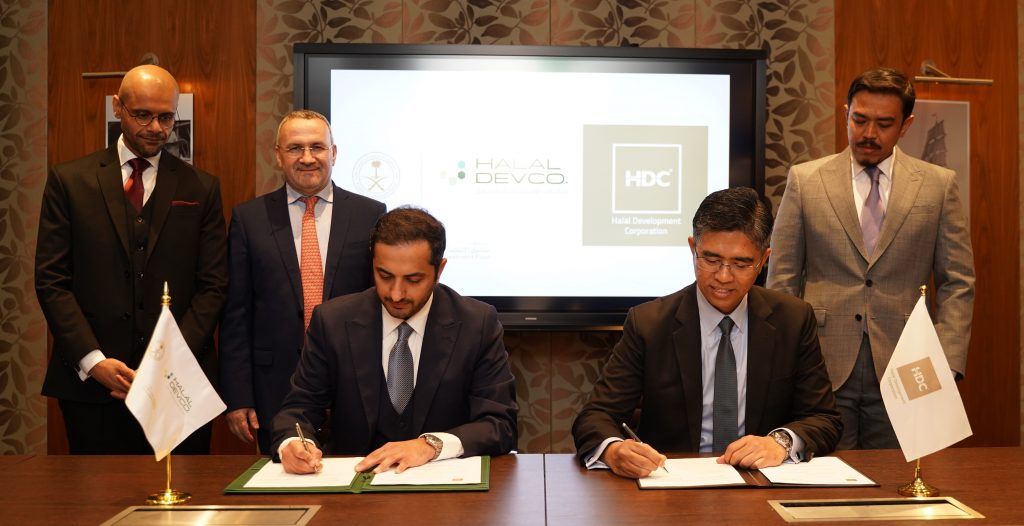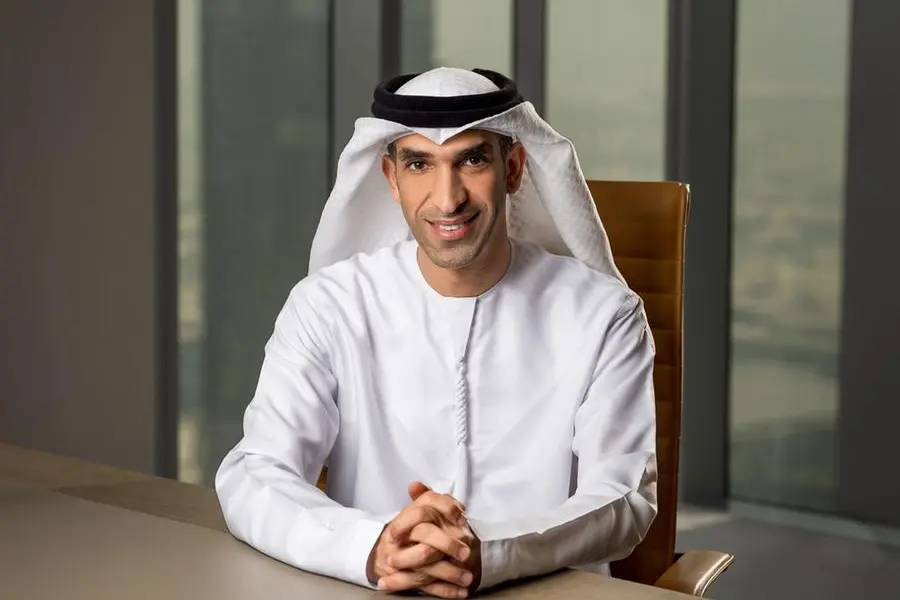By: Hanan Solayman and Kim Nordberg EMAJ Magazine
Riding the wave of the expanding global halal market
industry – estimated to have reached a worth of US$ 580 billion in 2008
– communication arts company KasehDia will hold this November the first
World Halal Forum in Europe. As location for the Forum, which is
themed ‘Halal Potential – A Regional Focus’, the organizers opted for
the Dutch city of The Hague.
Choosing the Netherlands to host this big event didn’t come
spontaneously, given that Holland provides a strategic location to
serve markets within Europe, the Middle East and Africa, as well as
being known as the gateway for the whole European market through which
most of the halal products are channelled.
Considering Netherlands as one of the few countries to develop a
halal standard for its nearly one million Muslims, it becomes a perfect
location for hosting the event, especially when you know that the Dutch
government supports and promotes the development of the halal industry.
The country of tulips and windmills also boasts the first ever facility
of halal storage and warehousing in the world and its significant
multiculturalism, liberalism and openness make it a very successful
choice.
But… does everyone know what halal food is?
“Excuse me?!”, “I don’t know what it is”, “part of religion but
difficult to find it in Holland”, “there should be more restaurants
that offer halal food because we have many Muslims”, “it’s like
kosher”. These were some of the answers we got from people in the
streets when they were asked about halal food.
But what is halal? Muslims define halal as “permissible” according
to their Islamic teachings and haram for the “unpermissible”. Yet,
there is no consensus among Muslims themselves on what is halal due to
different interpretations of the Muslims’ holy book Qur’an. However,
the main arguments lie within food, lifestyle (as in clothing) and to
some extent technology. There’s even a halal journal that reports about
business, food and lifestyle.
“Some Muslims regard halal food as anything but pork. Like the
Turks, for them it doesn’t matter in which way the animals get
slaughtered and this is a real problem”, says Sheikh Sami, the owner of
an Islamic butchery. This Muslim segment bases its philosophy upon a
Qur’anic verse that says “And the food (meat) of the people of the book
is lawful for you” (Surah 5 Verse 5). Sheikh Sami agrees, but only in
necessities, whereas in Holland, Muslims can easily find halal food.
“Muslims can eat at non-Muslims’, it’s important to build stronger
relationships but at least there should be kosher food”, Abd el-Fattah,
Islamic Auditor from Halal Correct, says.
Apart from Islamic butcheries, shops and restaurants, there are also
Dutch butcheries and supermarket chains that have a special section for
halal food. In Amsterdam, the biggest Islamic slaughterhouse is
Abattoir Amsterdam, which is owned by a Dutch non-Muslim. There are ten
Islamic slaughterhouses in Holland, only three owned by Muslims. Large
supermarket chains like Albert Heijn (main branches) and Vomar now
depend on halal meat supplies from Wahid Ramadan, a Kurdish Muslim
businessman from Rotterdam.
There are many conditions for food to be halal. It means that
animals must be slaughtered according to Islamic rituals by the words
“Bismillah Allahu Akbar” (By the name of God. God is great) with sharp
knives avoiding stunning the animals or subjecting them to electric
shocks. No pork, blood, alcohol or gelatine is allowed either.
“Halal meat is healthier because all the blood comes out from the
animal when slaughtered, hence the bacteria come out and the meat
becomes pure”, Sheikh Sami adds. Halal meat tastes better, lasts longer
and is even cheaper than other meat if bought by kilos and this is what
makes non-Muslims in some cases look for it. “More than 20% of my
customers are non-Muslims”, Sheikh Sami notes.
Candy and search engines
Some Critics see the whole halal and haram picture as an exclusion
of Muslims from Dutch society, but Sheikh Sami says “Muslims are
integrated but are preserving their own identity. Integration doesn’t
mean assimilation, or else vegetarians and Jews would also be excluded
from society for not eating meat or for eating kosher food.” Some Dutch
prisons have already been serving halal food for the prisoners.
Another aspect of halal food is candy and sweets that have no
alcohol or gelatine in it. Marhaba Food is a perfect example of that.
Erik, product manager of the halal candy manufacturer from Amersfoort,
says that only a few Muslims in Holland are after halal sweets “either
because they don’t know that the gelatine substance is there and that
it’s haram or it’s because they don’t mind.”
Erik thinks the halal candy business has a big future in store.
However, it’s very difficult to find a purchaser, like supermarkets,
because they don’t have halal candies listed, even those who sell halal
stuff only do halal meat.
Exploring the internet or adapting to technology also has a halal
form since you can get lots of inappropriate pictures or texts while
doing your search. For that reason, some Dutch Muslims launched a
special ‘halal search engine’ called I’mHalal.com. The site is designed
to filter web content so that searchers don’t get ‘haram results’
linked to sex, porn, gay content, or even Dutch anti-Islamic politician
Geert Wilders and terrorism. Yet, it just gives a 3-level warning and
doesn’t block content, leaving the searcher the option to continue with
his search on that word if he thinks the results will be clean. Only
the third level, the most haram, is an exception.
A similar search engine targeting Jewish web users was launched in
June. Religious Jews who do not want to be confronted by un-kosher
words or search results can safely surf using Israel-based
koogle.co.il. As Erik from Marhaba Food puts it “let the halal candies
be a bridge between Muslims and non-Muslims.”


